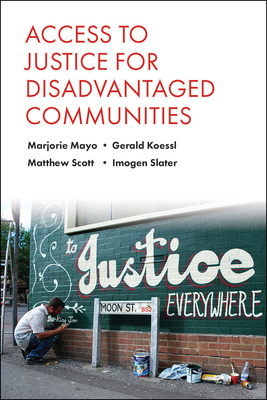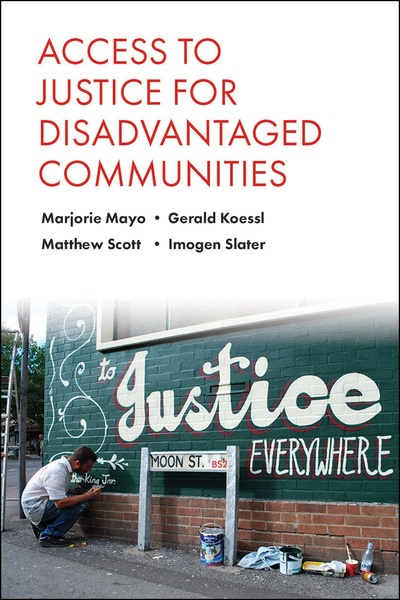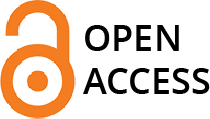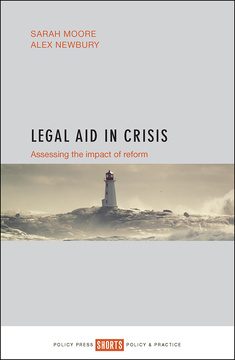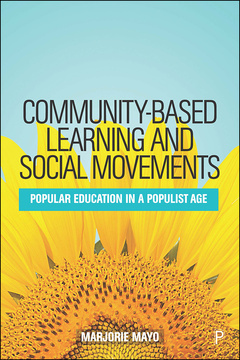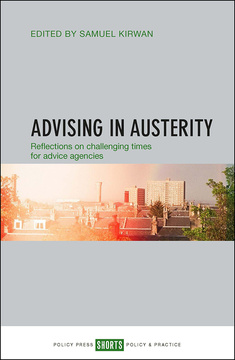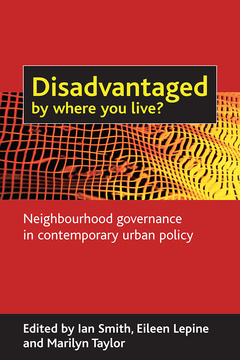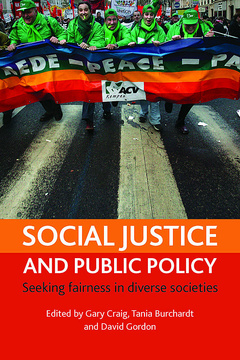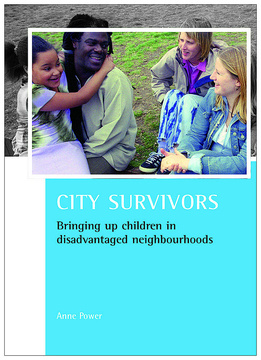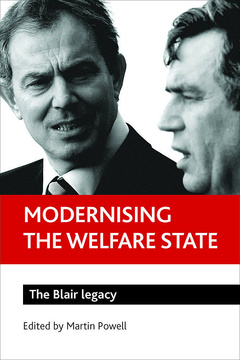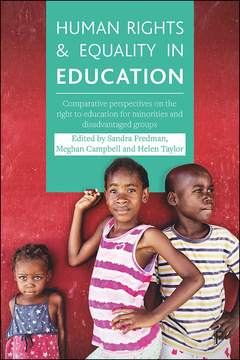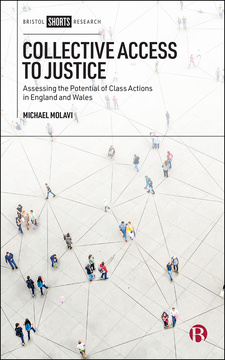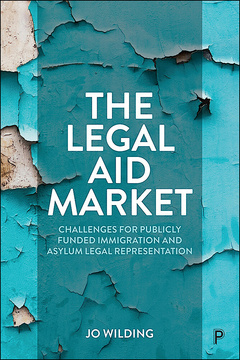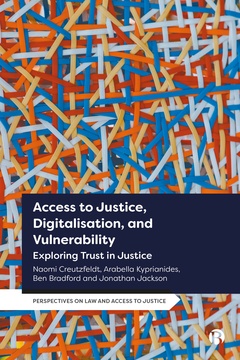Access to Justice for Disadvantaged Communities
By Marjorie Mayo With Gerald Koessl, Matthew Scott and Imogen Slater
Published
Sep 9, 2015Page count
176 pagesISBN
978-1447311058Dimensions
240 x 172 mmImprint
Policy PressPublished
Mar 19, 2014Page count
176 pagesISBN
978-1447311027Dimensions
240 x 172 mmImprint
Policy PressPublished
Mar 19, 2014Page count
176 pagesISBN
978-1447320852Imprint
Policy PressPublished
Mar 19, 2014Page count
176 pagesISBN
978-1447320876Imprint
Policy PressPublished
Mar 19, 2014Page count
176 pagesISBN
978-1447311041Imprint
Policy PressEPUB and EPDF available Open Access under CC-BY-NC-ND licence. Access to justice for all, regardless of the ability to pay, has been a core democratic value. But this basic human right has come under threat through wider processes of restructuring, with an increasingly market-led approach to the provision of welfare. Professionals and volunteers in Law Centres in Britain are struggling to provide legal advice and access to welfare rights to disadvantaged communities.
Drawing upon original research, this unique study explores how strategies to safeguard these vital services might be developed in ways that strengthen rather than undermine the basic ethics and principles of public service provision. The book explores how such strategies might strengthen the position of those who provide, as well as those who need, public services, and ways to empower communities to work more effectively with professionals and progressive organisations in the pursuit of rights and social justice agendas more widely.
"...A valuable and readable account of the complex issues facing Law Centres in a political climate that is increasingly hostile to the provision of good quality legal aid services to those most in need. It is particularly useful for the way in which it brings together in one place a number of different accounts of Law Centres and their role in providing access to justice, both historical and contemporary." Journal of Social Policy
"This book should be read by anyone with an interest in public policy, law, sociology and access to justice." LSE Review of Books blog
“The question of access to justice was a fundamental keystone in the creation of the welfare state. This exhaustive review of the history of legal aid and advice, and of the Coalition government's determination to destroy it, reminds us of how much other struggles to defend welfare depend on it. It is a must-read and not just for those concerned narrowly with the law.” Gary Craig, Professor of Social Justice, Durham University
“An important read for all of those concerned about the role of the state in creating a more equal and just society for all.” John Gaventa, Director, Coady International Institute, STFX University, Canada
Marjorie Mayo is Emeritus Professor of Community Development, Goldsmiths, University of London. Her research has included learning for active citizenship, and access to justice in disadvantaged communities.
Gerald Koessl has recently completed his PhD in Sociology at Goldsmiths, University of London, where he has also worked as a researcher.
Matthew Scott is a lecturer in Community Development and Social Policy at London Metropolitan University and Goldsmiths, University of London. His experience includes being a director of the Community Sector Coalition.
Imogen Slater is a consultant and researcher at the Centre for Urban and Community Research, Goldsmiths, University of London.
Introduction: Accessing social justice in disadvantaged communities;
Social justice and the welfare state;
Concepts of justice and access to justice;
Ethos and values;
Challenges and dilemmas;
Public service modernisation, restructuring and recommodification;
Conflict and competition versus collaboration and planning;
Public service modernisation and time;
Alienation and demoralisation - or continuing labours of love?;
Access to social justice for disadvantaged communities: value and values







